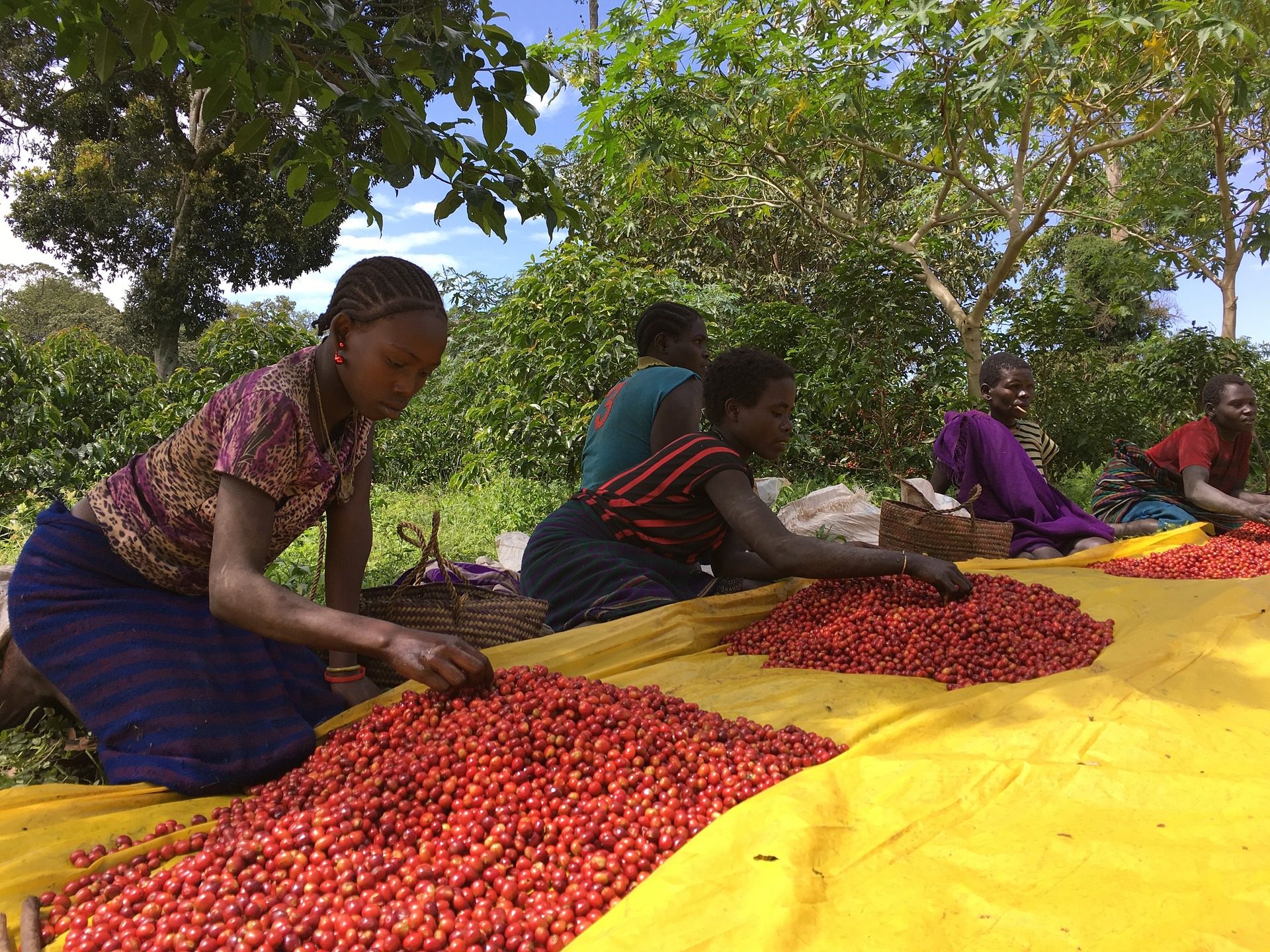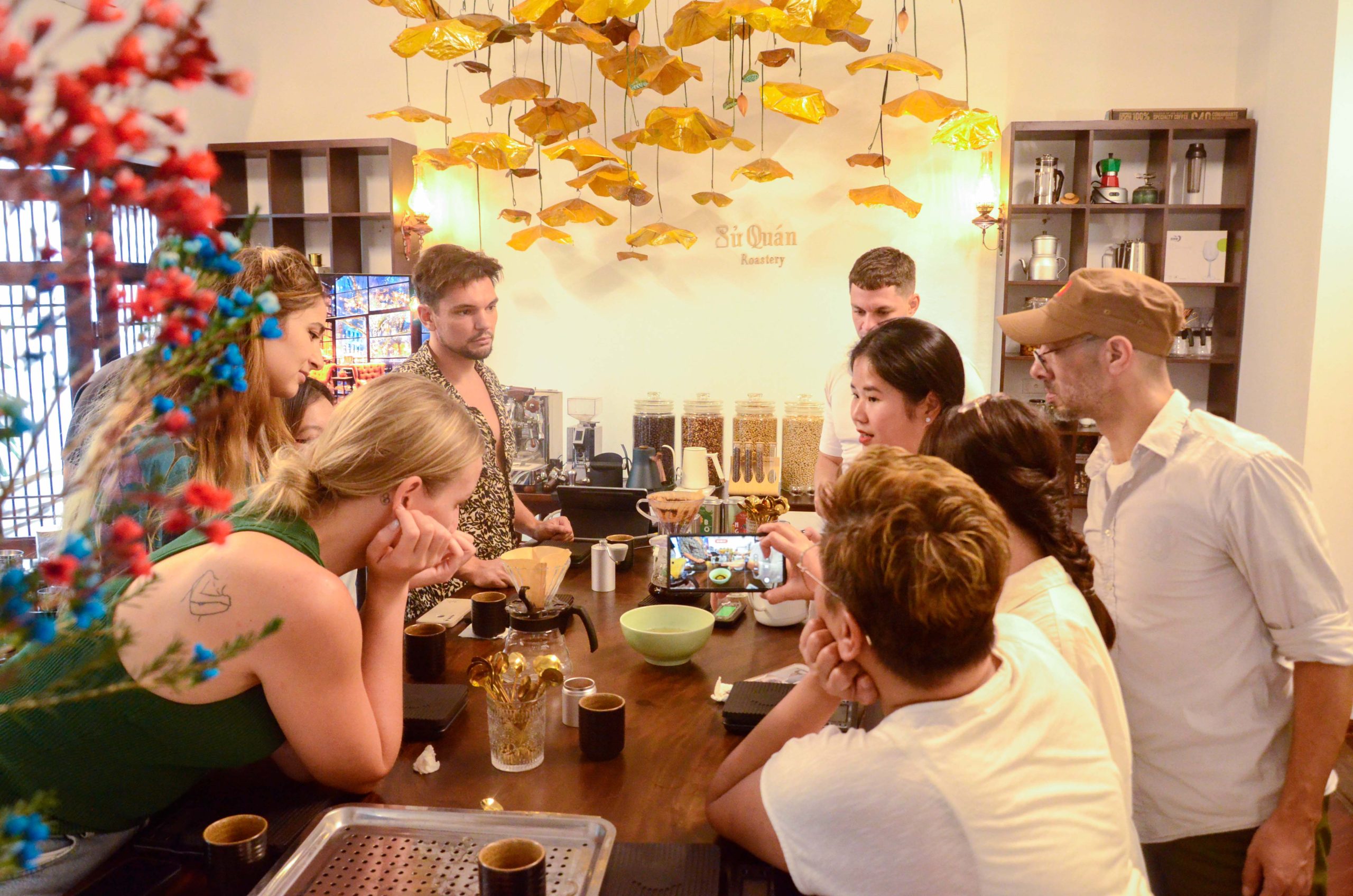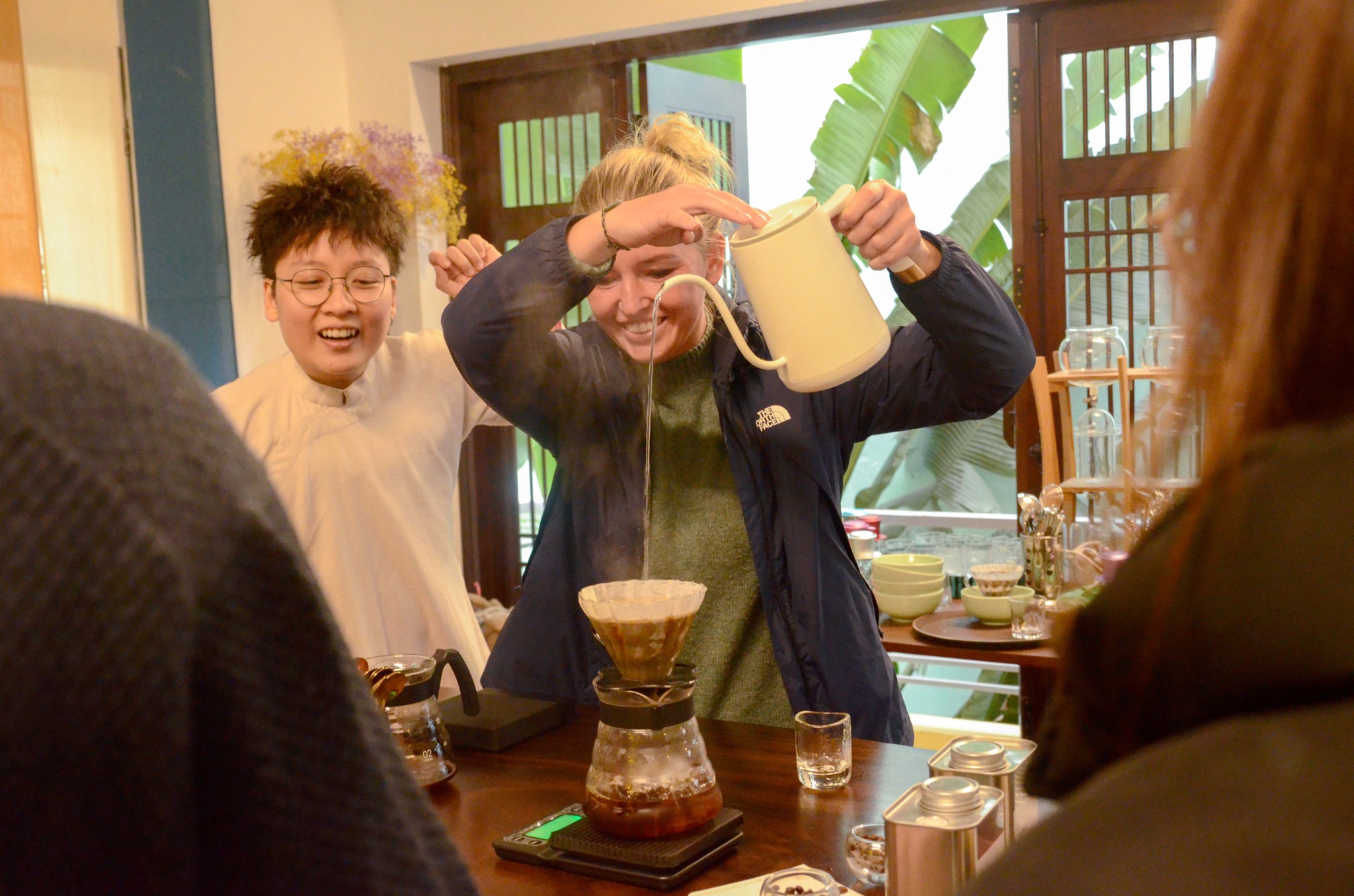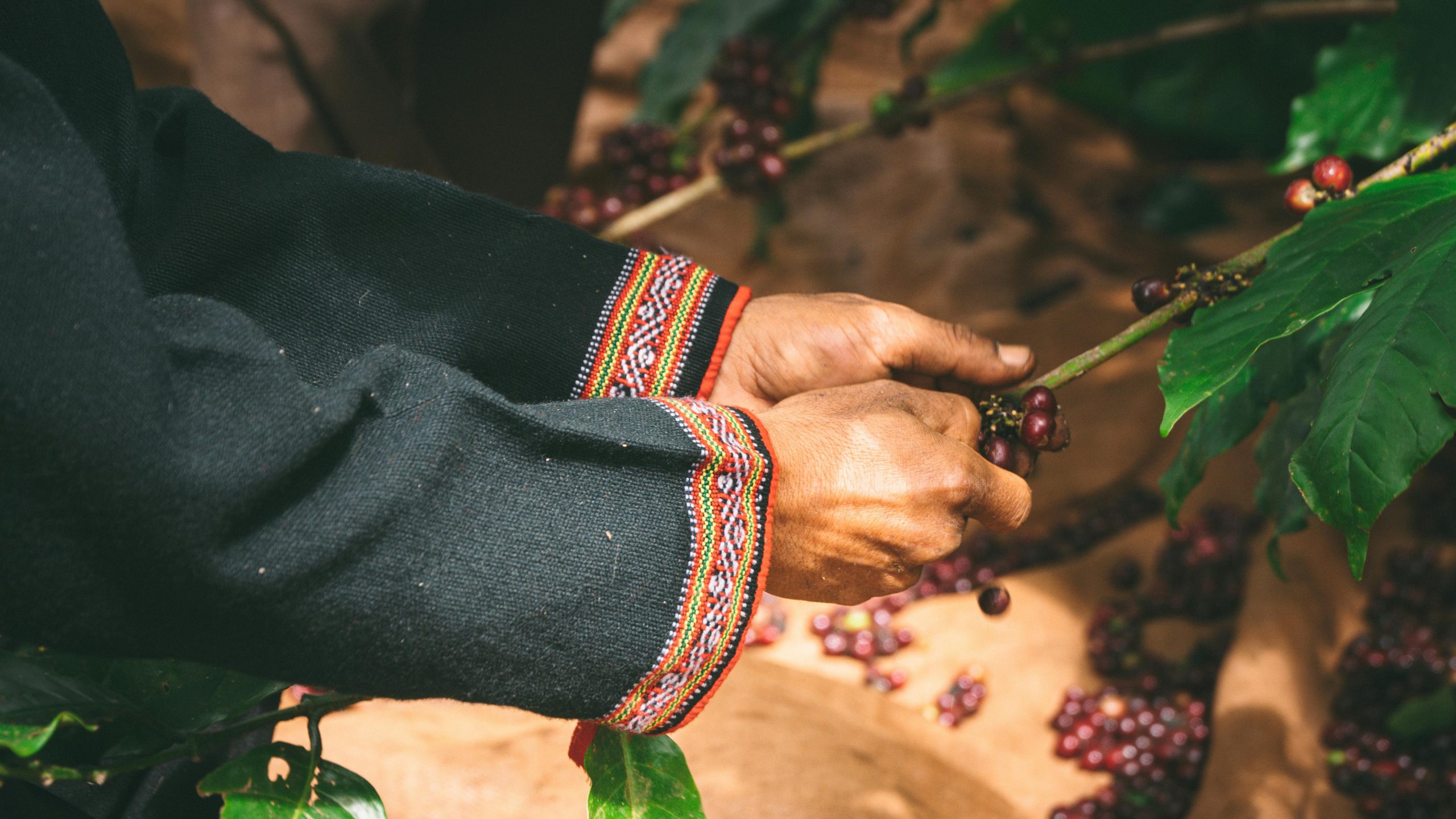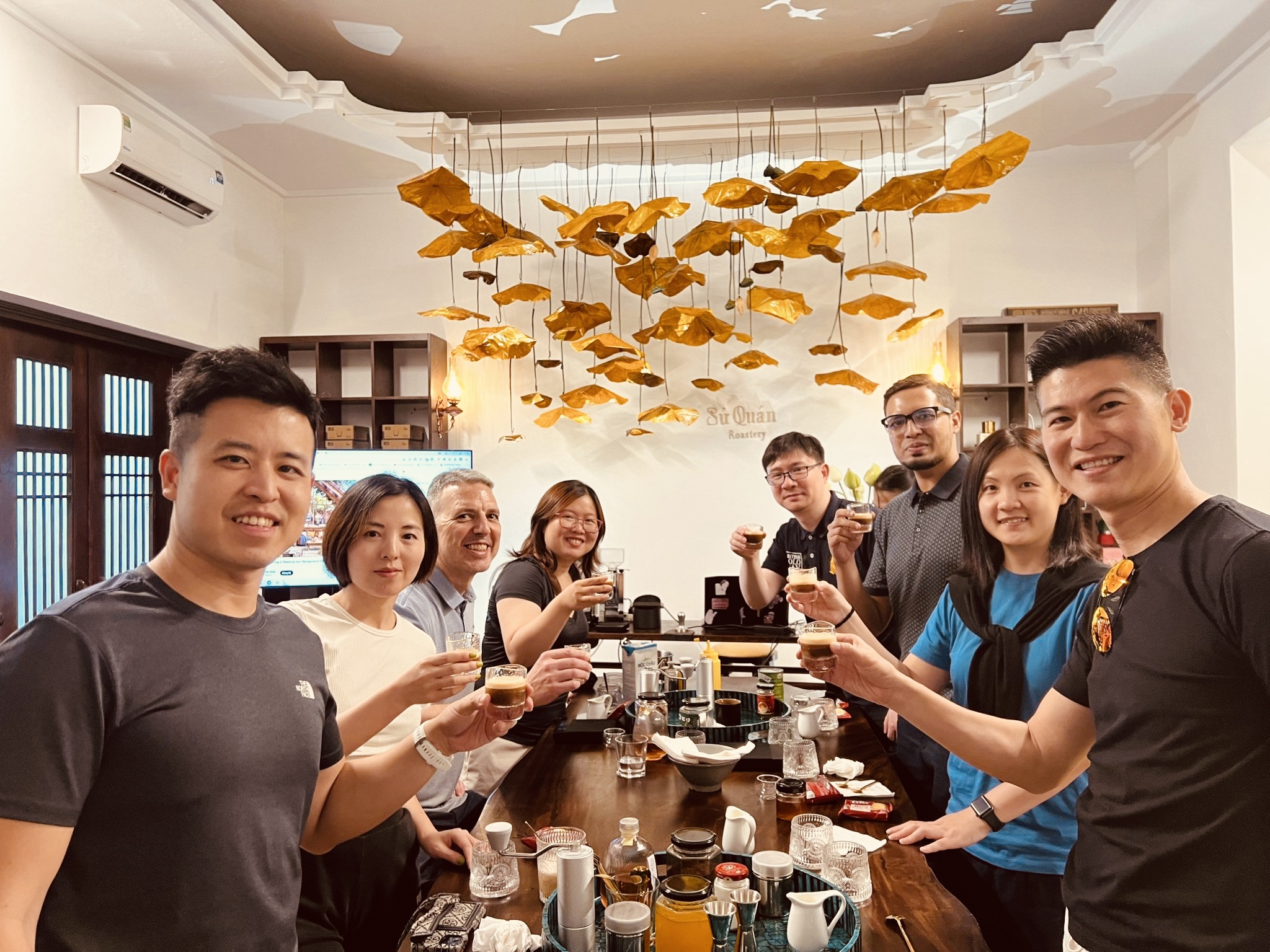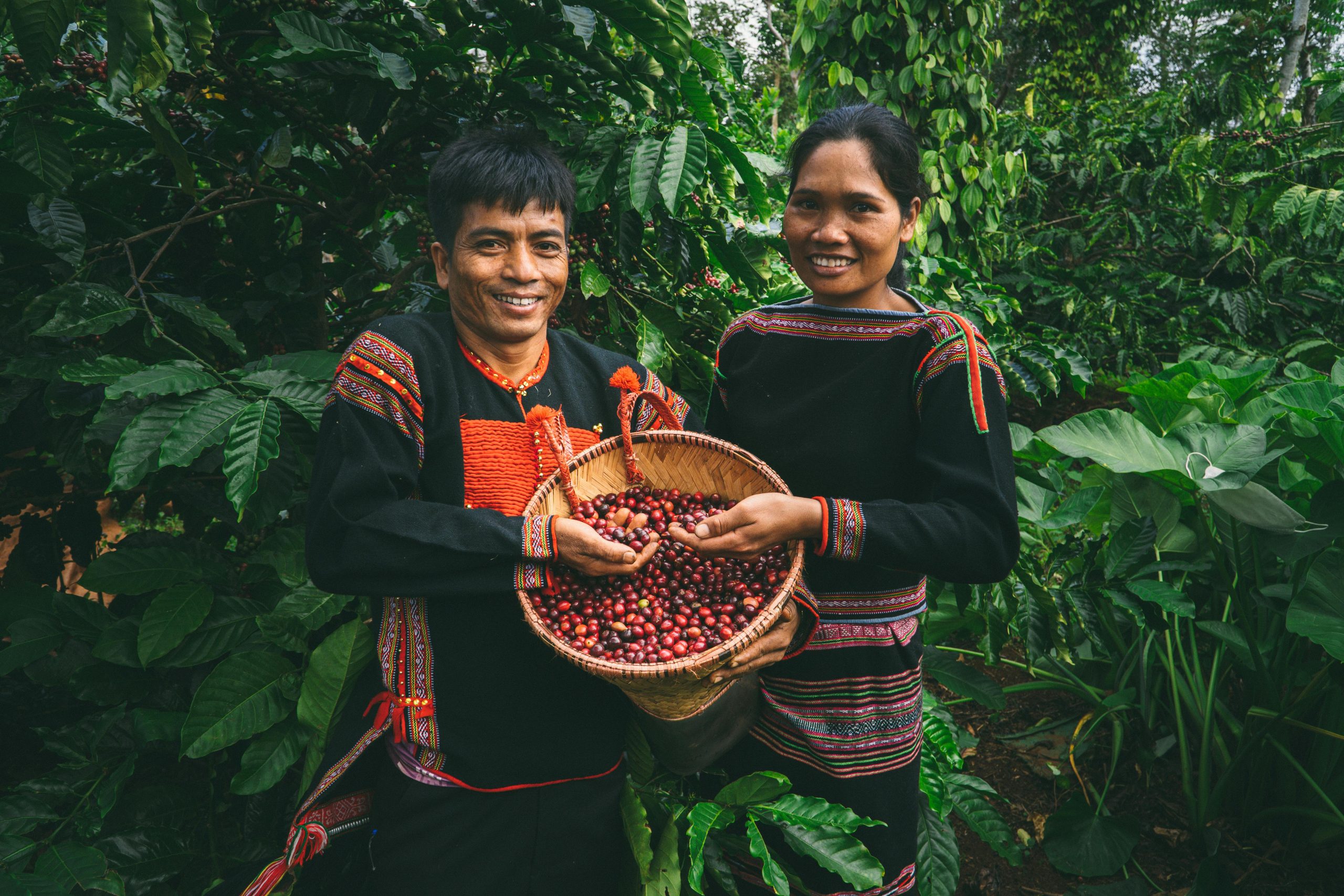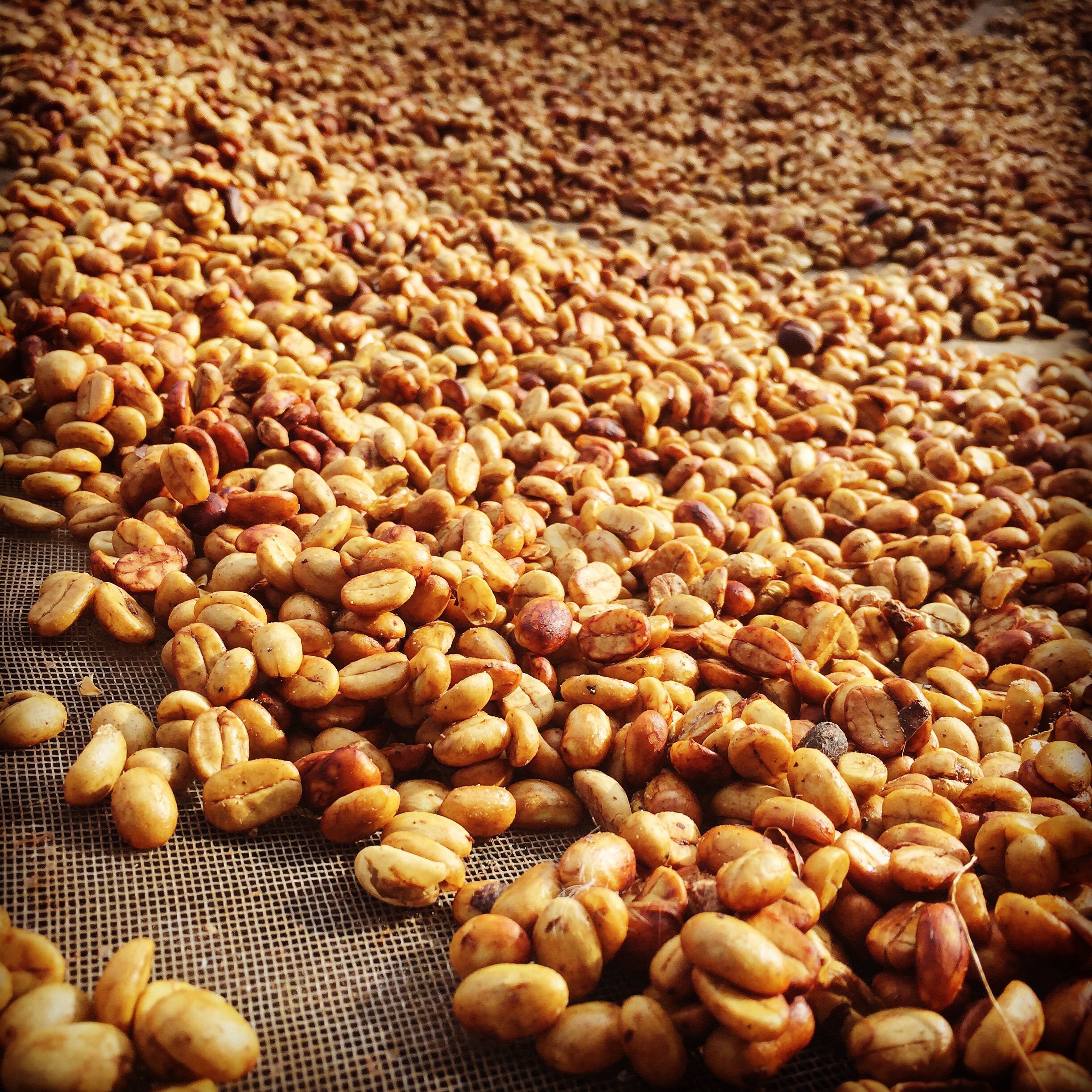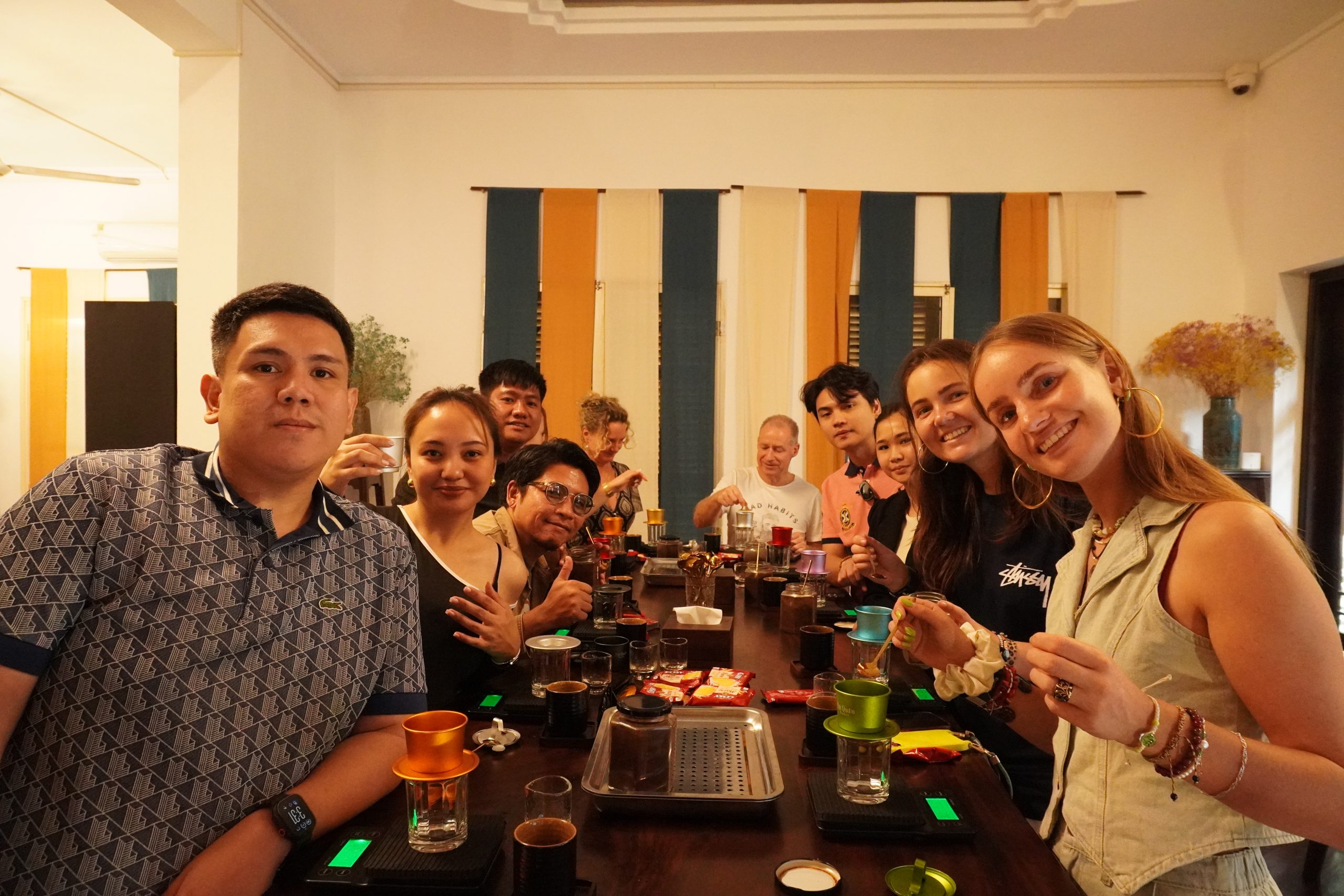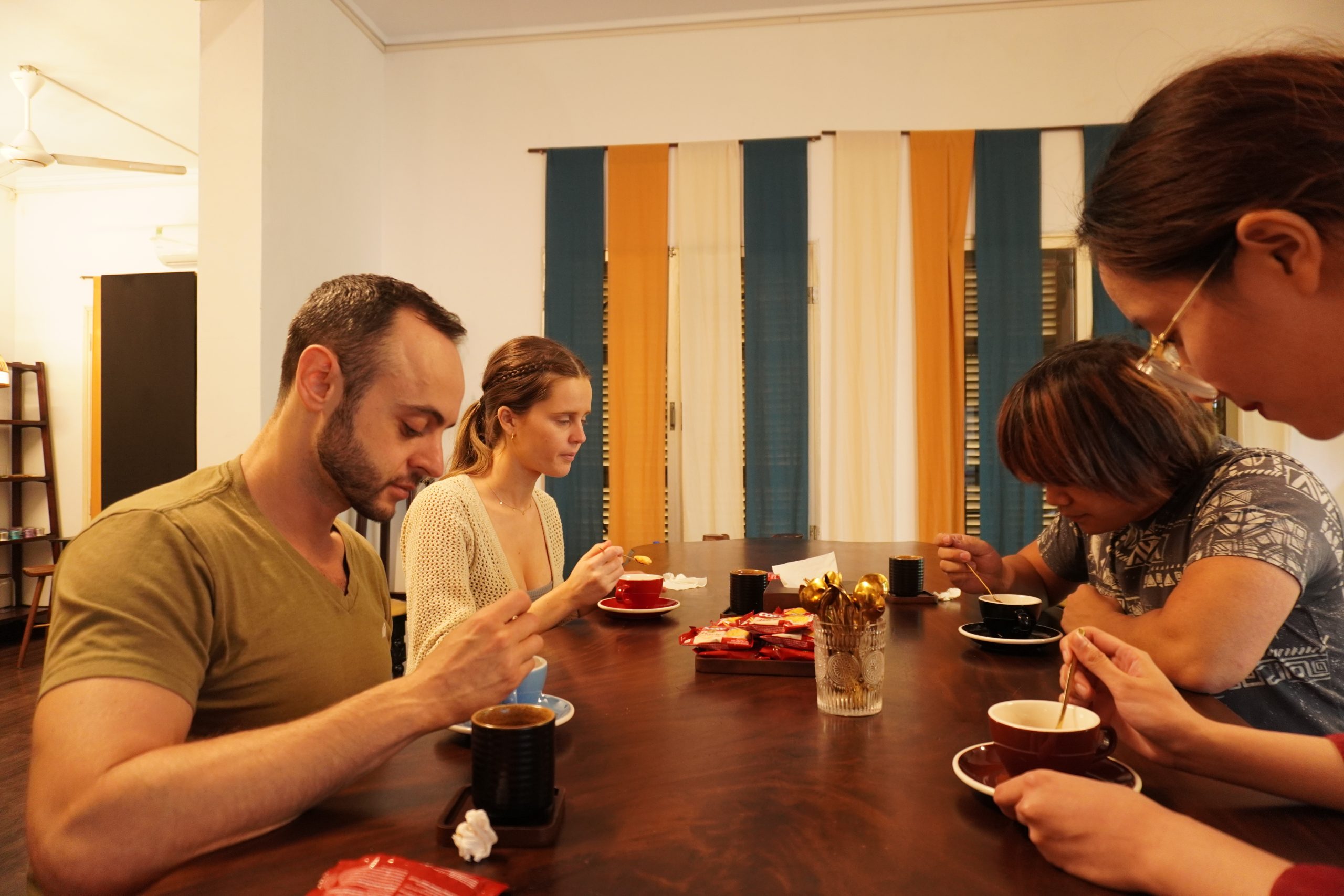Sustainability in Coffee Production: Brewing a Better Future
In a world where environmental concerns are increasingly becoming a central focus, the coffee industry is stepping up to the challenge. The aromatic allure of coffee draws millions of enthusiasts daily, but behind every cup lies a complex web of production processes. With growing awareness about sustainability, many coffee shops and roasters are adopting eco-friendly practices to ensure that the journey from bean to cup is as green as possible.
The Environmental Impact of Coffee Production

Coffee, one of the most popular beverages worldwide, has a significant environmental footprint. Traditional coffee farming often involves deforestation, water pollution, and heavy pesticide use. These practices not only degrade the environment but also harm the health of local communities and ecosystems. However, a new wave of conscientious coffee producers is turning the tide. These forward-thinking businesses are implementing sustainable practices that not only benefit the environment but also support local communities.
Biodegradable Cups: A Small Change with a Big Impact

One standout example is the adoption of biodegradable cups. Coffee shops are increasingly replacing single-use plastic cups with biodegradable alternatives made from materials such as cornstarch and bamboo. These cups decompose much faster than their plastic counterparts, reducing the amount of waste that ends up in landfills. Furthermore, many shops are offering discounts to customers who bring their reusable cups, incentivizing eco-friendly behavior.
Biodegradable cups are a small change that can have a big impact. By reducing reliance on single-use plastics, coffee shops can significantly decrease their environmental footprint. According to research, billions of plastic cups are used and discarded annually, contributing to the growing problem of plastic pollution. Biodegradable alternatives help mitigate this issue by breaking down more rapidly and leaving fewer toxic residues.
The Importance of Fair-Trade Beans

At the heart of sustainable coffee production is the sourcing of fair-trade beans. Fair-trade certification ensures that coffee farmers receive fair wages and work under safe conditions. This practice not only supports ethical labor standards but also encourages environmentally friendly farming techniques. For instance, fair-trade farmers often utilize shade-grown coffee methods, which protect biodiversity by preserving natural habitats.
Fair-trade certification also promotes economic stability for coffee-growing communities. By guaranteeing a minimum price for their crops, fair-trade helps protect farmers from volatile market fluctuations. This financial stability enables farmers to invest in sustainable farming practices and improve their quality of life. Furthermore, fair-trade premiums are often reinvested in community development projects such as education, healthcare, and infrastructure, creating a positive ripple effect throughout the community.
Promoting Organic Coffee Farming

Promoting organic coffee farming is another crucial aspect of sustainability. Organic farming eschews synthetic pesticides and fertilizers, relying instead on natural methods to cultivate coffee plants. This approach not only reduces harmful chemical runoff into waterways but also maintains soil health, ensuring that coffee farms can thrive for generations to come.
Organic coffee farming practices include composting, crop rotation, and the use of natural pest control methods. These techniques help preserve soil fertility and reduce the environmental impact of coffee production. Additionally, organic farming often requires certification, which includes rigorous standards for environmental protection and social responsibility. This certification provides consumers with assurance that the coffee they purchase is produced sustainably and ethically.
Local Initiatives: Su Quan Roastery's Commitment to Sustainability

One notable local initiative is Su Quan Roastery, a coffee shop and roaster that has embraced sustainability wholeheartedly. Su Quan Roastery sources its beans from fair-trade certified farms and is committed to promoting organic coffee farming. By partnering with local farmers, Su Quan ensures that its coffee is not only delicious but also produced in an environmentally and socially responsible manner.
Su Quan Roastery's commitment to sustainability extends beyond sourcing practices. The roastery has implemented energy-efficient equipment and processes to reduce its carbon footprint. For example, Su Quan uses energy-efficient roasters that consume less energy and produce fewer emissions. The roastery also emphasizes waste reduction by composting coffee grounds and encouraging customers to bring reusable containers for bulk purchases.
Community Involvement and CSR Activities

Su Quan Roastery also takes pride in its community involvement. The roastery's CSR activities include educational programs for local farmers, helping them adopt sustainable farming practices. These programs cover everything from organic farming techniques to efficient water use, empowering farmers with the knowledge they need to reduce their environmental impact.
In addition to educational programs, Su Quan Roastery supports community development through various initiatives. The roastery has partnered with local schools to provide scholarships for children of coffee farmers, ensuring that the next generation has access to quality education. Su Quan also organizes community events to raise awareness about sustainability and promote eco-friendly practices. These events provide a platform for local farmers, consumers, and businesses to collaborate and share knowledge, fostering a sense of community and shared responsibility.
Driving Change Through Consumer Choices

The movement towards sustainable coffee production is more than just a trend; it's a necessity. As consumers, we have the power to drive this change. By choosing coffee shops and roasters that prioritize sustainability, we can make a positive impact on the environment and support ethical labor practices.
Next time you reach for your morning cup of coffee, consider its journey. Opt for shops that use biodegradable cups and offer incentives for reusable ones. Look for fair-trade and organic certifications on the coffee you buy. Support local initiatives like Su Quan Roastery, which are leading the charge in sustainable coffee production.
Consumers can also make a difference by reducing waste associated with coffee consumption. Simple actions such as using reusable cups, avoiding single-use plastic straws, and composting coffee grounds can collectively have a significant impact. By being mindful of our consumption habits and choosing sustainable options, we can contribute to a more sustainable coffee industry.
By making these conscious choices, we can ensure that our love for coffee contributes to a healthier planet. Every small action counts, and together, we can brew a better future. Sustainability in coffee production is a multifaceted issue that requires the cooperation of farmers, roasters, and consumers alike. As awareness grows, so too does the demand for eco-friendly practices. By highlighting local initiatives and supporting businesses committed to sustainability, we can all play a part in fostering a more sustainable coffee industry.
For more information on how Su Quan Roastery is contributing to this cause, check out our CSR activities [here](link).
The Road Ahead: Innovations and Solutions

The road to sustainability in coffee production is paved with innovative solutions and dedicated efforts from all stakeholders. From using biodegradable cups to sourcing fair-trade beans and promoting organic farming, every step counts. Local initiatives, such as those undertaken by Su Quan Roastery, demonstrate the positive impact that can be achieved when businesses commit to sustainable practices.
Technological advancements also play a crucial role in driving sustainability in the coffee industry. Innovations such as precision agriculture, which uses data and technology to optimize farming practices, can help reduce resource consumption and improve crop yields. Additionally, advancements in renewable energy sources can further reduce the carbon footprint of coffee production and processing.
As consumers, our choices matter. By supporting coffee shops and roasters that prioritize sustainability, we contribute to a global effort to protect our planet. Let's make our daily coffee ritual a part of the solution, ensuring that future generations can enjoy both the rich flavors of coffee and a healthy environment.
The journey towards a sustainable coffee industry is ongoing and requires the active participation of everyone involved. From farmers to roasters to consumers, each stakeholder has a role to play. By supporting businesses like Su Quan Roastery and making eco-conscious choices, we can collectively make a significant impact.
Let's embrace sustainable coffee production and brew a better future, one cup at a time. By educating ourselves about the environmental impact of coffee and taking actionable steps to reduce it, we can ensure that our love for coffee is aligned with our commitment to sustainability. Together, we can create a coffee industry that respects the planet and the people who make our daily brew possible.

